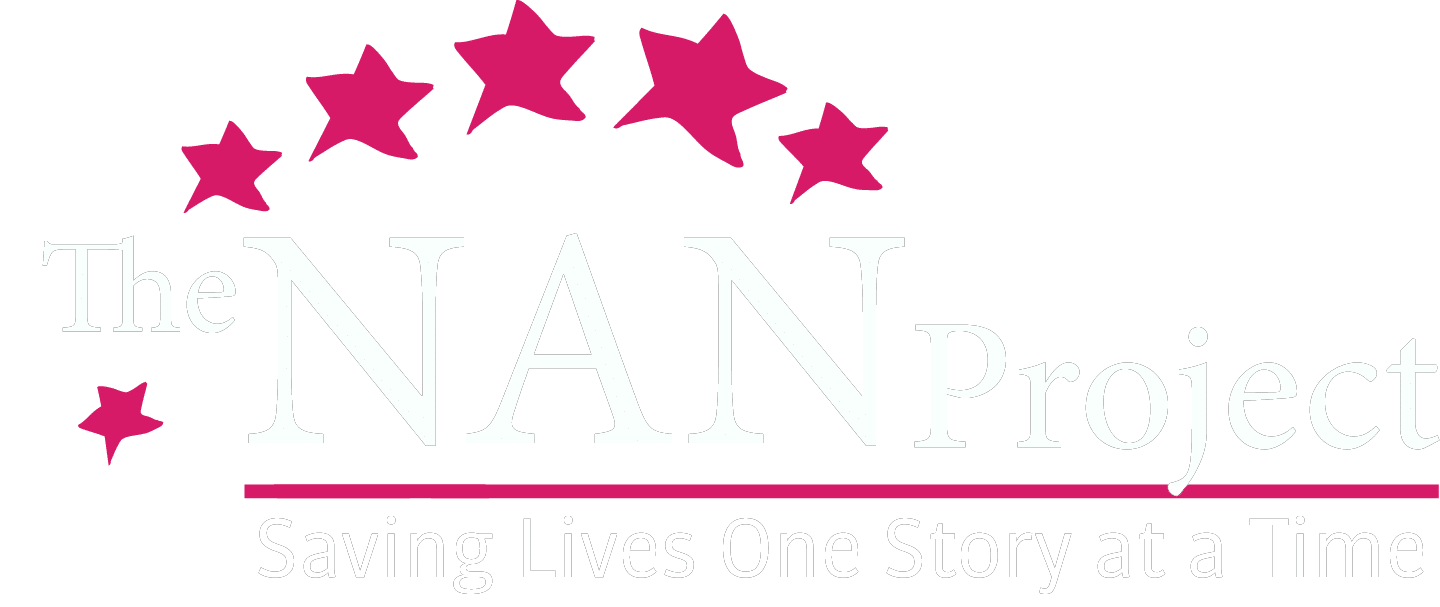News & Blogs
Who we are
Stay updated on everything going on with The NAN Project
Managing Responses to Stress at Galvin Middle School
A Night for NAN 2022
“It’s OK to Leave” – Living with a Mental Health Challenge Vignette
Presentations to Swampscott High School and YouForward Training
The NAN Project Celebrates Hispanic Heritage Month 2022
Peer Mentor Presentations to Breed Middle School
Presentations to Newburyport High School
Presentations to MAP Academy
Coaching Day with Hannah Mell
Peer Mentor Presentations to Phillips Academy Andover
